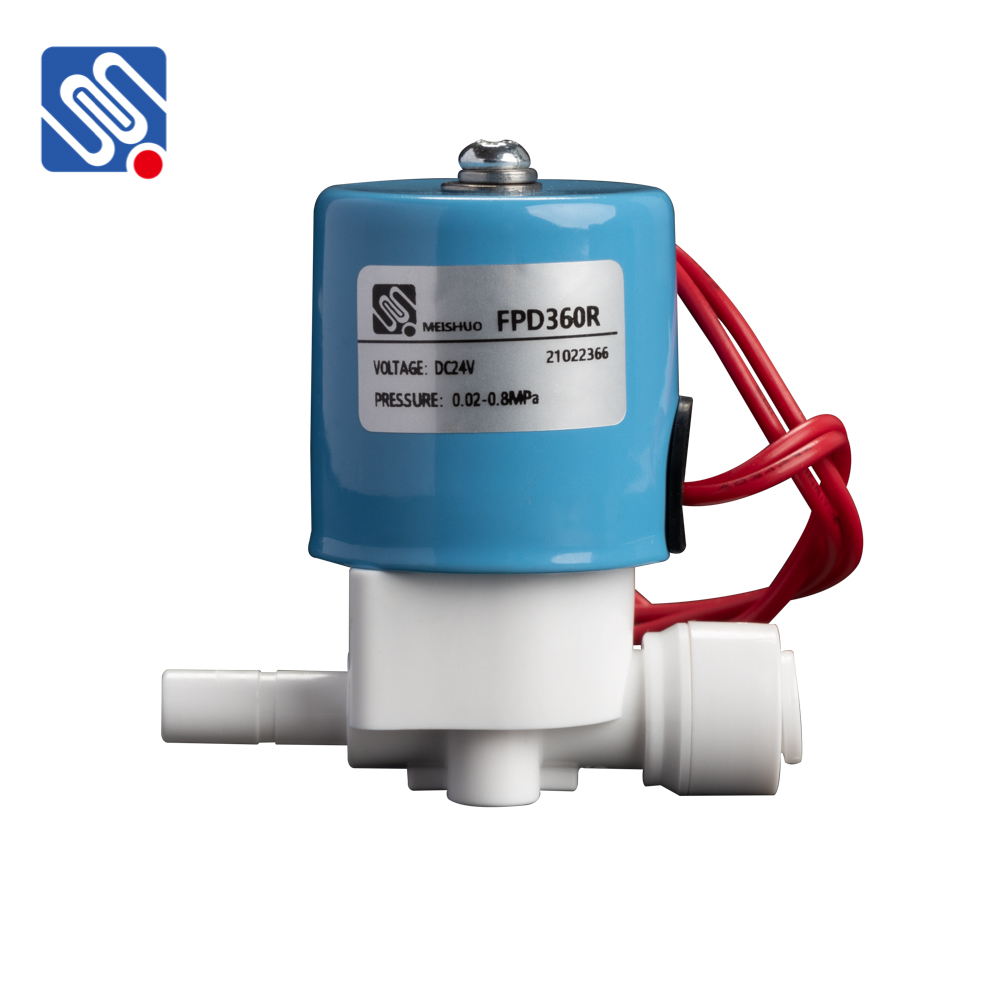rohs compliant solenoid valve: ensuring environmental compliance and operational efficiency
Release time:2025-11-12 17:30:37
A RoHS Compliant Solenoid Valve is a critical component in various industrial and commercial applications, providing effective control over the flow of gases and liquids. These valves, which meet the stringent RoHS (Restriction of Hazardous Substances) standards, are essential for companies that wish to operate sustainably and comply with international regulations. In this article, we will explore what makes these solenoid valves special, the benefits of using RoHS-compliant products, and the wide range of applications they serve.

Understanding RoHS Compliance in Solenoid Valves The RoHS directive, introduced by the European Union in 2003, was designed to restrict the use of certain hazardous substances in electrical and electronic equipment. Specifically, it limits the presence of lead, mercury, cadmium, hexavalent chromium, polybrominated biphenyls (PBB), and polybrominated diphenyl ethers (PBDE) in manufacturing. RoHS-compliant products, including solenoid valves, are those that are made without or with minimal amounts of these hazardous materials. Solenoid valves are electrical devices that control the flow of fluids (liquids or gases) in a system. They function through an electromagnetic mechanism that opens or closes a valve, allowing for precise control of fluid movement. These valves are widely used in industrial automation, HVAC systems, and other fields where fluid control is crucial. A RoHS-compliant solenoid valve is manufactured with materials that meet the environmental and health safety standards, ensuring that the products are not only efficient but also safe for both users and the environment.

